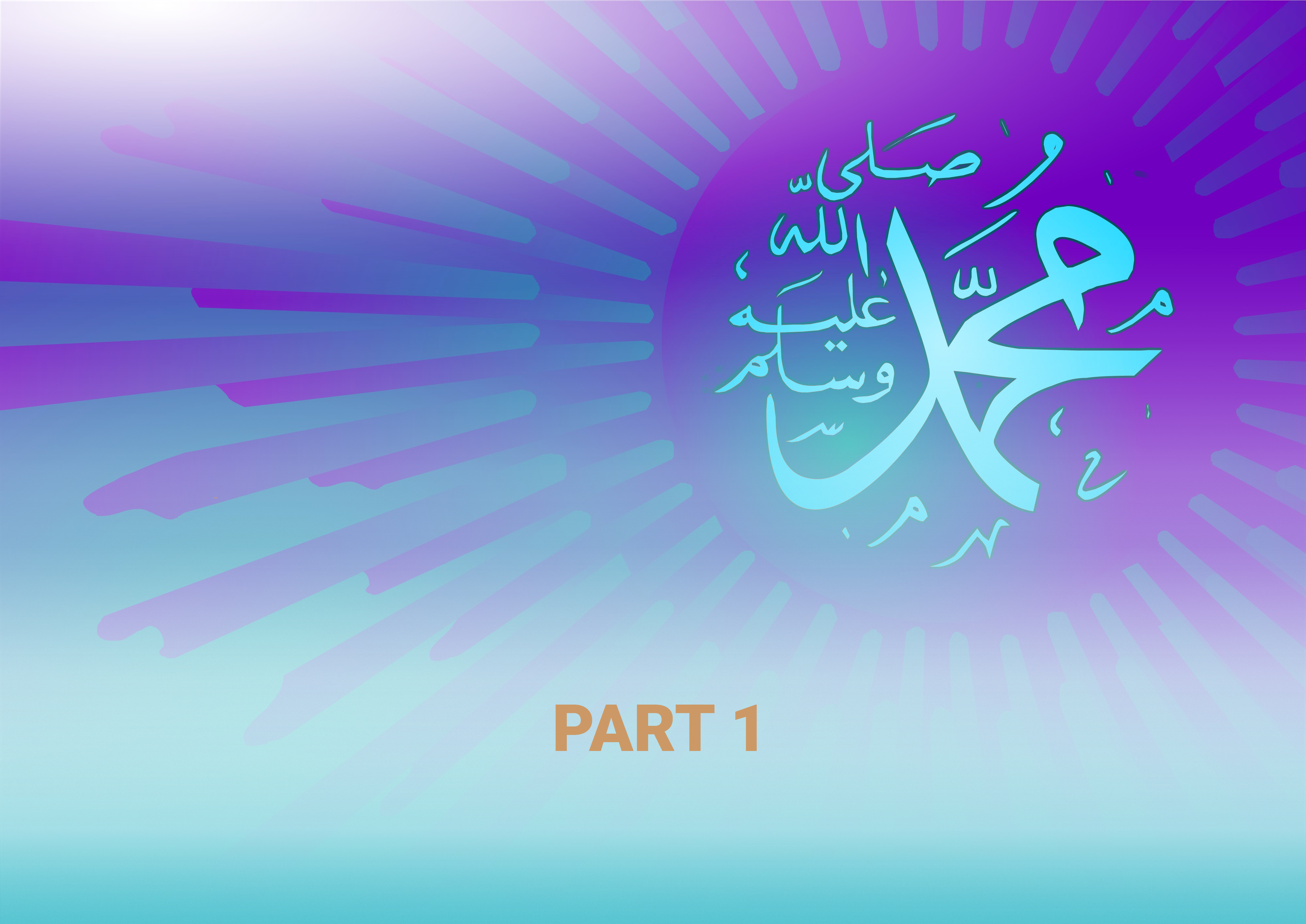Part 1 – The Prophet’s Moral & Ethical Teachings
This Blog Series explores the Prophet Muhammad’s Islamic value driven leadership, and is based on my Master’s Degree in Islamic Studies research, at ISRA’s Centre for Islamic Studies & Civilisation, Charles Sturt University.
This first article in our blog series, explores the first key aspect of the Prophet’s Islamic value driven leadership that transformed the 6th century Arab society – his teachings and actions, based on the Quranic revelations that morally & spiritually uplifted society.
The Prophet Muhammad (pbuh) created a culture of spiritually and morally upright individuals and inspired them with the new teachings of Islam, such as doing good to humankind and through a multitude of other Islamic values which was the driving force behind his teachings and leadership.
The moral transformation he created had at its base, a systematic and comprehensive set of teachings which covered every area of human life, including spiritual, social, health, family and business relations, which nurtured life and preserved the most important social structure of any society, the family unit (Noor 2015).
Through the morality, Islamic values and virtues taught by the Prophet’s example and the Quran, he shaped the actions of society, developing a “hygienic, ethical and moralistically” conscious society. (Noor p39) The establishment of many inner and outer purification practices is a prime example. Armstrong (2013) calls the Arab’s new faith, tazakka (purification).
How he nurtured the highest virtues
By looking after the poor and needy, doing acts of kindness daily, they developed the highest virtues, such as compassion which gradually nurtured a responsible, caring spirit and spiritual refinement. By purifying them of immoral habits and traditions through his teachings, he instilled in their hearts moral values that became part of their nature (Dogan, 2014), wiping out many bad habits such as alcohol, gambling and adultery and replacing them with virtues. (Hassan, 2016)
He also cultivated a respect for other people as individuals, to the extent that this new morality replaced the old tribal ideal, where the group was more important than its members. (Armstrong, 2013). Connection with individuals was now based on faith rather than tribal connection. (El’amin, 2008) In addition, he modelled the importance of mutual respect based on feeling good about each other which swayed the Muslims to treat each other with highest regard even when dissent arose. (Noor, 2015)
The new moral order & consciousness was the root of their rapid development.
This new moral order was also the root of the rapid development of the intellect of the Arabs. El’amin (2008) highlights how the community were for the first time, encouraged to question important matters, engage in important discussions and dialogue and reflect deeply about the principles behind their actions. As a result, barbaric and uncivilised cultural norms diminished, allowing a more inward focus to grow.
The movement away from tribal thinking under the Prophet’s leadership, also helped society prepare for other concepts. For example, the companions began to question traditional beliefs about the concept of divinity, the individual self, and themselves in relation to society, as well as a new social responsibility and awareness. All these were facilitated as afore mentioned by the change in moral consciousness from the Qur’an itself under the leadership and teachings of the Prophet. (El’amin, 2008)
Each person was now accountable not to anyone but God
Aside from various examples given, another key Qur’anic value and teaching that was transforming the Arab society, under the leadership of the Prophet, was the notion of accountability to God. The Prophet (pbuh) instilled this moral principle so deep that it was evident in every aspect of their lives (Gulen, 2005); his emphasis that each person was personally accountable no longer to tribal law but to a divine law transformed the Arab mindset, nature of their actions and character dramatically.
Written by Cynthia Aisha Meguid
Well-Being – Teacher, Educator, Consultant & Coach
This blog article is based on my Master’s Degree in Islamic Studies Research, at ISRA’s Centre for Islamic Studies & Civilisation, Charles Sturt University, Australia.

